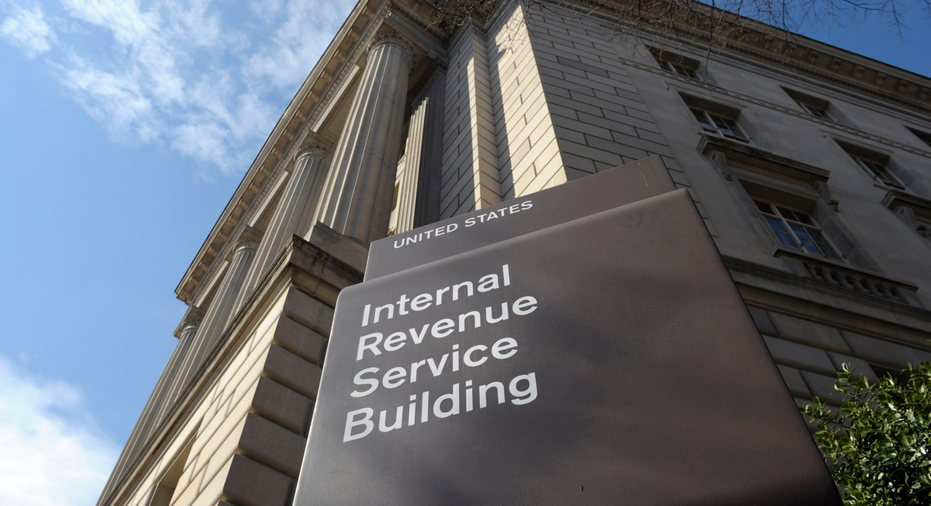IRS still enforcing Obama-era insurance mandate

WASHINGTON – Contrary to widespread perceptions, the IRS still appears to be enforcing the unpopular Obama-era requirement that most people carry health insurance or risk a fine.
The agency says on its website that it will automatically reject electronic returns for tax year 2017 that don't specify if the taxpayer had health insurance. That insurance requirement, known as the individual mandate, is the top target of so-far fruitless efforts by Republicans to repeal the Affordable Care Act.
Under the ACA, taxpayers are supposed to specify if they had coverage, or they were eligible for an exemption, or if they will pay the fine. But several million skip over that question and file "silent" returns.
This year the IRS continued to process such returns. However, taxpayers who skipped the health care question took a chance that they might later get a letter from the tax agency demanding answers.
Last week, the IRS released a new policy saying the health insurance question must be answered up front on tax returns. "Taxpayers remain obligated to follow the law and pay what they may owe at the point of filing," the agency said on its website. With paper returns, processing may be suspended and refunds delayed.
The shift got little attention amid major "Obamacare" announcements from the White House. President Donald Trump ended a key health insurance subsidy. Tuesday a bipartisan deal was announced in the Senate that may yet preserve the subsidies, and Trump initially indicated he would support it. But later he appeared to backtrack.
The IRS has gone back and forth on how to treat silent returns.
As former President Barack Obama left office, the tax agency had planned to start rejecting such returns with the 2017 tax filing season — similar to what it will do next year.
But as one of his first acts, Trump ordered government agencies to provide relief from "Obamacare."
So the IRS decided to keep processing returns that failed to answer the health care question, and follow up later with taxpayers.
Some supporters of the health care law took that as a sign that the IRS would no longer enforce the insurance requirement. Failure to carry coverage can bring a fine of $695, or 2.5 percent of income, whichever is greater. Critics have accused the administration of ignoring the law in an attempt to "sabotage" the ACA.
That assessment may shift now.
"I would say that the IRS has and continues to enforce the individual mandate," said Gordon Mermin of the nonpartisan Urban-Brookings Tax Policy Center.
"The (earlier) announcement was interpreted by some as weakening of the mandate but really it just said they weren't going to step up enforcement," added Mermin. "Now it appears they are going to increase compliance."
The reason for the IRS policy shift appears to have nothing to do with the contentious politics of the health care law. There's evidence that resolving the health insurance question up front when a return is filed makes the whole process simpler for most people.



















